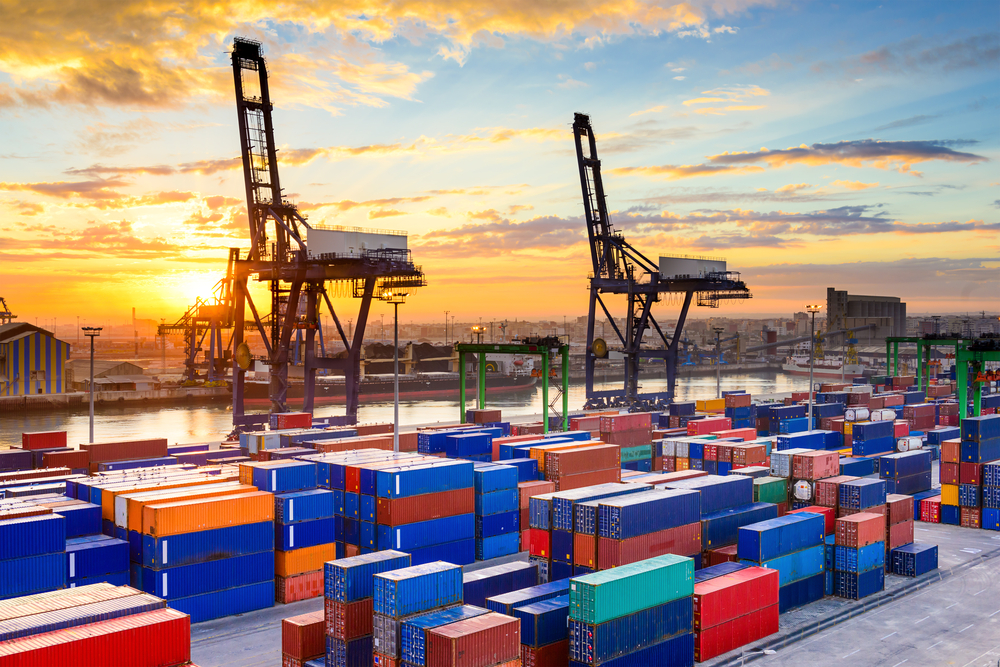The transportation industry is on the cusp of a transformative era. We are witnessing rapid development of autonomous vehicles, electric cars, and innovative mobility solutions. These advancements have the potential to revolutionise the entire transportation industry and the way we travel. At the same time, the industry is at crossroads facing pressing issues such as traffic congestion, environmental pollution, and safety concerns.
With so much happening in the industry, we attended Interchange, held in Manchester Central on February 27th and 28th to learn and engage in insightful discussions about the future of transport. The event focused on achieving a seamlessly integrated transport system fit for the future, with high priorities on faster decarbonisation, improved resilience, and enhanced equity in transportation. We also had the honour of hosting a roundtable and presentation in the Google prism hub. Our discussions were focussed around potential applications of Generative AI in transportation with public sector stakeholders, private sector companies, and individuals from various fields like transport, energy, property, and technology interested in the future of transportation infrastructure.
Based on the insights from Interchange and recent advancements in Generative AI, here are some exciting applications in transportation to explore:
Vehicle Design and Optimisation
Generative AI can create innovative vehicle designs and configurations, optimising aerodynamics for reduced fuel consumption and emissions in cars, aeroplanes, and even ships. It can even design new materials that are lighter yet stronger, leading to more fuel-efficient vehicles and improved performance. Imagine using AI to design personalised car interiors based on user preferences, comfort needs, and ergonomic data. Airbus is using generative AI to create new aircrafts that are more fuel-efficient and have a lower environmental impact. These aircrafts are designed using generative AI models that can optimise the shape and structure of the aircraft.
Traffic Management and Optimisation
Real-time analysis of traffic data using Generative AI can predict congestion patterns and suggest alternative routes, reducing travel times and emissions. AI can optimise traffic light timings based on real-time conditions, ensuring smoother flow and minimising bottlenecks. It can also analyse historical data and predict future demand for various transportation modes, allowing for better route planning and resource allocation. A specific example of this is Uber, who are using generative AI to develop new routing algorithms that can help to reduce traffic congestion. These algorithms take into account real-time traffic data and historical data to find the most efficient routes for Uber drivers.
Autonomous Vehicles and Advanced Driver-Assistance Systems (ADAS)
AI can create a vast array of realistic virtual driving scenarios to train autonomous vehicles and ADAS systems, preparing them for even the most unexpected situations. In addition, by generating simulations of various road conditions and weather patterns, AI can help refine the decision-making capabilities of autonomous vehicles. Generative AI can identify the most efficient and safest routes for autonomous vehicles, considering factors like traffic, weather, and road closures. Waymo, a self-driving car company, is using generative AI to create synthetic training data for its self-driving cars. This data helps the cars to learn how to navigate different driving scenarios safely.
Urban Mobility and Infrastructure Planning
AI can simulate various urban planning scenarios, including the integration of different transport modes like cycling, public transport, and personal vehicles, leading to more sustainable and pedestrian-friendly cityscapes. Predictive maintenance for infrastructure is a key area of application for Generative AI. By analysing sensor data from bridges, roads, and rail tracks, organisations can predict potential issues and schedule maintenance proactively, preventing costly breakdowns and disruptions. Here is an excellent video from Google bringing this to life.
Supply Chain and Logistics Optimisation
Generative AI can create optimised delivery routes that factor in traffic conditions, weather, and vehicle capacity, leading to faster deliveries and reduced fuel consumption. This combined with a mapping solution such as Google Maps can be a really effective solution for advanced fleet management. Predicting potential disruptions in the supply chain by analysing vast amounts of data to identify potential risks such as weather events or port congestion, allowing for proactive planning and mitigation strategies is also a good use case. Generative AI can also design efficient warehouse layouts and optimise internal logistics processes for faster picking, packing, and shipping of goods.
Summary
Generative AI holds immense potential to revolutionise the transportation industry by fostering innovation, optimising processes, and creating a more sustainable and efficient future. In addition, Google Gemini, the latest groundbreaking large language model from Google is designed to address all of the applications listed above and empower businesses with the power of advanced AI. If you are already innovating with Generative AI or wondering where to start, Ancoris is ready to support and help you on your journey. We have a dedicated team of experts who work with AI day in and day out, making Ancoris well-placed to help you fully leverage its potential for your business. Want to start now? Get in touch with us today.
About Ancoris
Ancoris is a leading Google Cloud Services Provider, headquartered in the UK, on a mission to become the most innovative Google Cloud partner in the ecosystem. Ancoris leverages its strong problem solving skills and continuous improvement approach to help customers become AI Native and stay ahead of their competition. Ancoris has extensive experience in Google Cloud technologies helping enterprises integrate AI-native solutions into their business through expertise in Data & AI, Application and Infrastructure Modernisation, Workspace, and Maps. Ancoris was recognized as a Rising Star for Data, Analytics, and Machine Learning in the ISG Provider™ Lens for Google Cloud Partner Ecosystem in 2022 and 2023 consecutively, and awarded Google Cloud’s 2024 EMEA Public Sector Partner of the Year award. Ancoris employs the best in the business and was named in the Top 10 Sunday Times Best Places to Work 2023.
